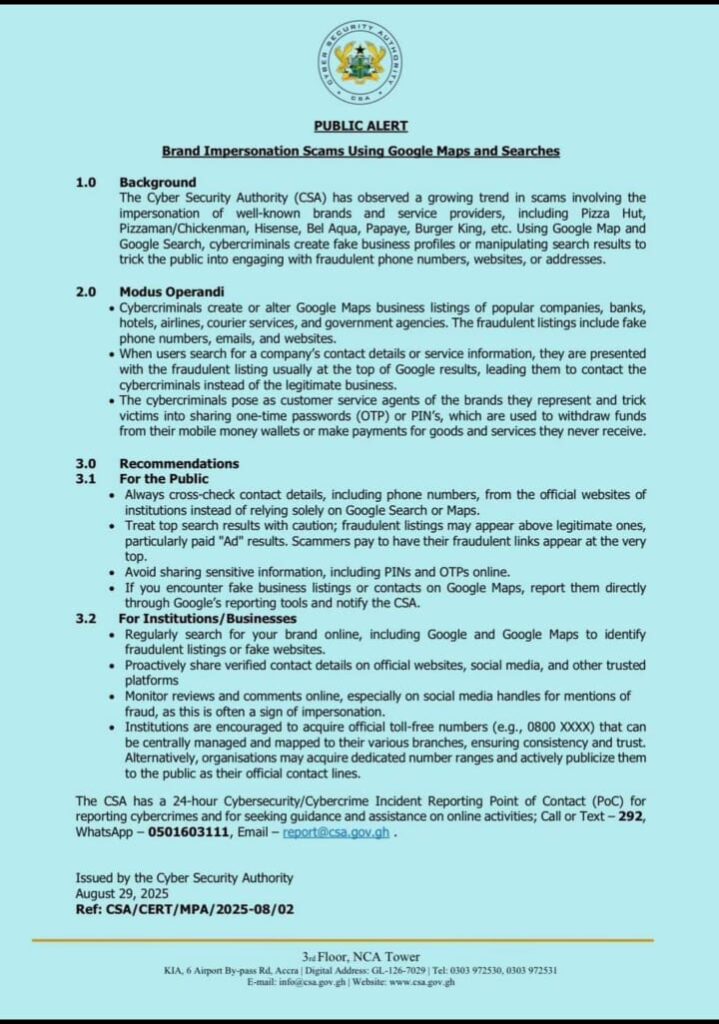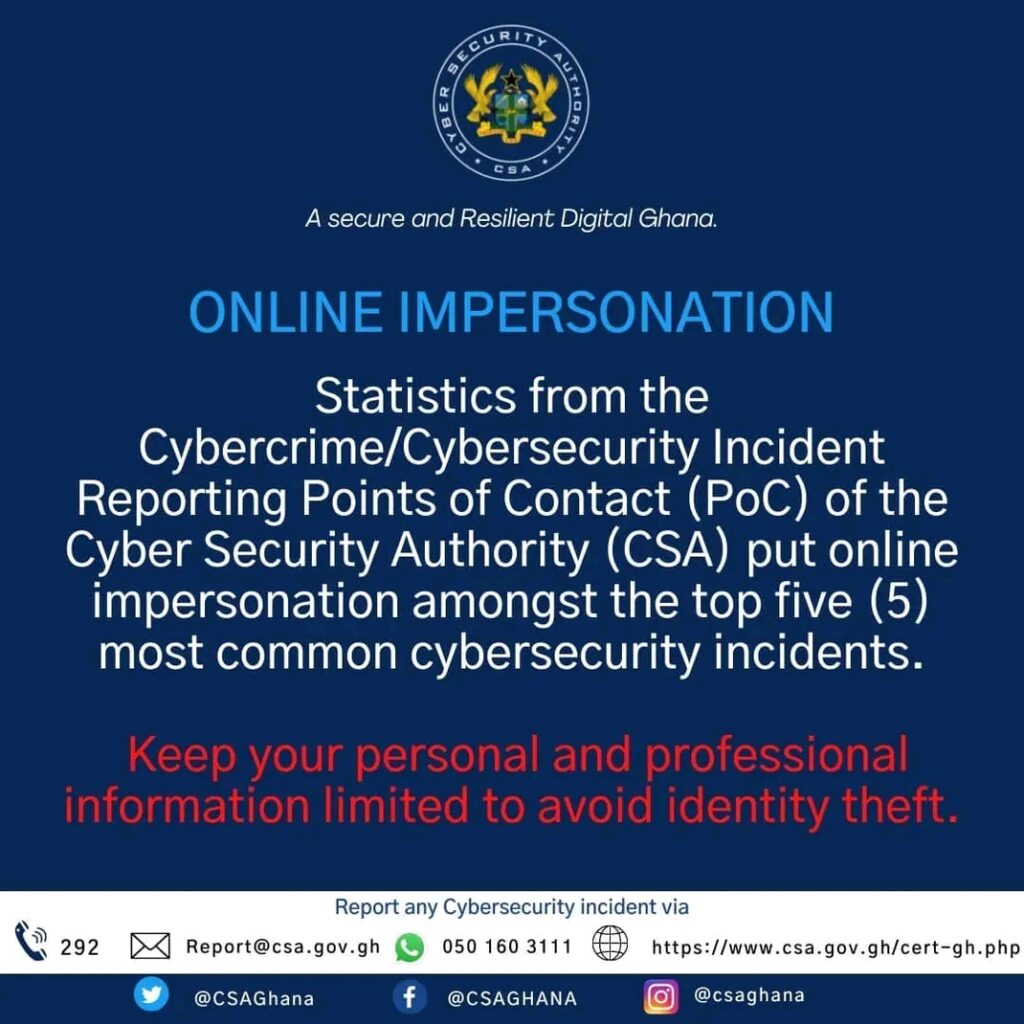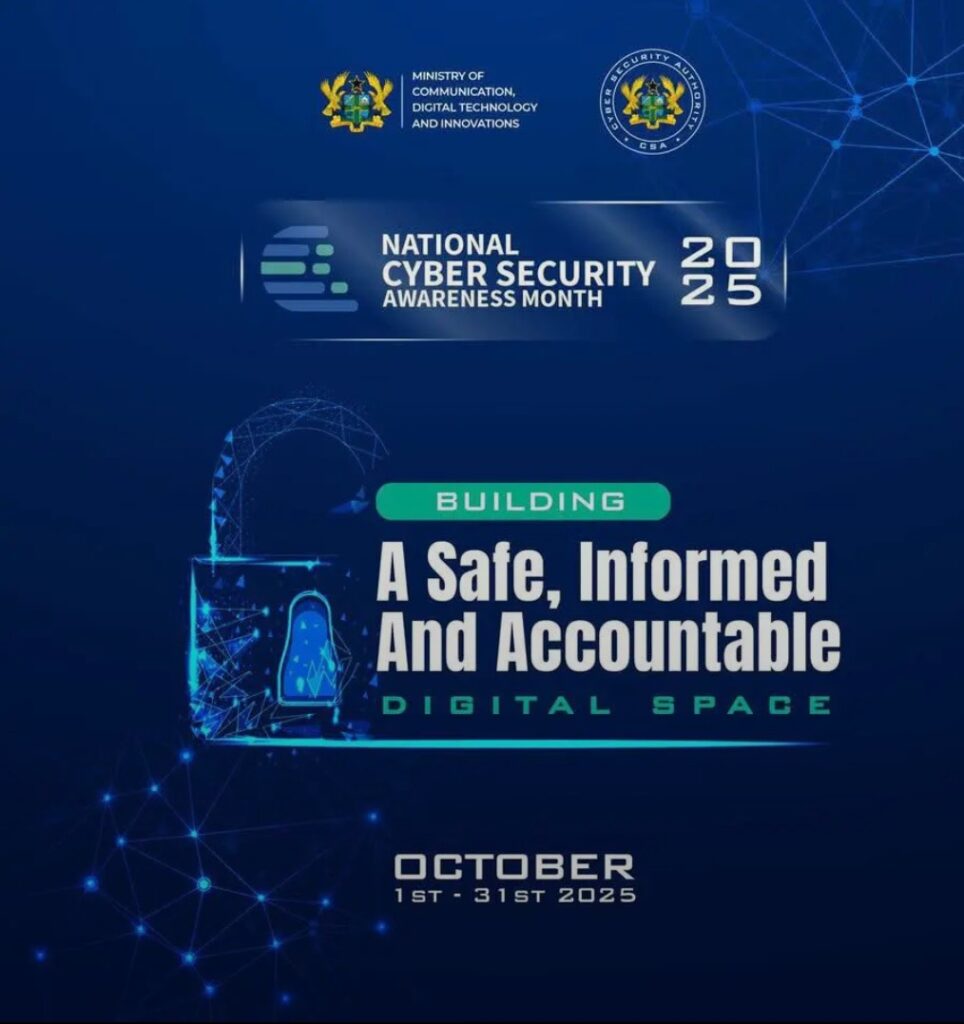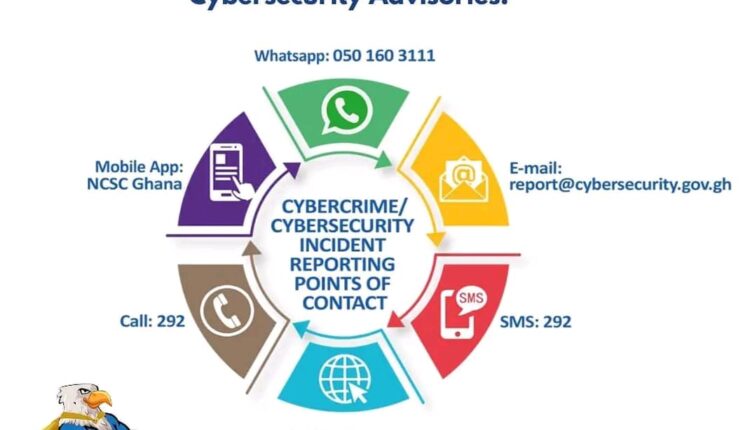Google Map Brand Impersonation-Online Scam Contact
Google Map Brand Impersonation-Imagine urgently searching for your favorite pizza place’s contact number. You find it instantly at the top of Google Search, call to place an order, and provide your payment details. Unfortunately, however, you never receive your food, and your money vanishes. This alarming scenario is becoming increasingly common due to a sophisticated wave of brand impersonation scams.

The Rise of Digital Deception
Firstly, it is crucial to understand the scale of this threat. According to a recent public alert from the Cyber Security Authority (CSA), cybercriminals are actively impersonating well-known brands and service providers. Consequently, trusted names like Pizza Hut, Hisense, and Burger King are being used as bait. Specifically, these scammers manipulate Google Maps and Search results to create a façade of legitimacy, effectively tricking unsuspecting users.

How the Google Maps Scam Operates
So, how exactly do these scams work? The process, or modus operandi, is both clever and systematic. Initially, fraudsters create or alter business listings on Google Maps for popular companies, banks, and even government agencies. These fraudulent listings prominently feature fake phone numbers, email addresses, and websites. Subsequently, when you search for a company’s contact details, these fake listings often appear at the very top of the search results.

Therefore, when you call the number, you are connected to a scammer posing as a customer service agent. These criminals are persuasive and will often try to trick you into sharing sensitive One-Time Passwords (OTPs) or PINs. Ultimately, they use this information to drain your mobile money wallet or make unauthorized payments for goods you will never receive.
Essential Tips to Protect Yourself From Fraud
Fortunately, you can significantly reduce your risk by following these critical steps:
· Always Cross-Check Information: Firstly, never rely solely on Google Search or Maps for contact details. Instead, always cross-check phone numbers and addresses directly on the official website of the institution you are trying to reach.
· Scrutinize Top Results: Furthermore, treat top search results with extreme caution. Remember, scammers often pay for ads to place their fraudulent links above legitimate ones. Just because a result is first does not mean it is authentic.
· Guard Your PINs and OTPs: Moreover, you must avoid sharing sensitive information like PINs and OTPs with anyone who calls you. Legitimate businesses will never ask for these details unsolicited.
· Report Fake Listings: Finally, if you encounter a fake business listing, report it immediately through Google’s reporting tools. You should also notify the Cyber Security Authority to help them track these trends.
A Collective Defense Against Cybercrime
In conclusion, staying safe online requires constant vigilance. As scammers become more advanced, our defenses must also evolve. By adopting a proactive approach and verifying information through official channels, you can effectively shield yourself from these damaging brand impersonation scams on Google Maps and Search.
If you suspect you’ve been targeted, contact the CSA’s 24-hour Cybersecurity/Cybercrime Incident Reporting Point of Contact immediately at 292 (call or text) or via WhatsApp at 0501603111.
Google Map Brand Impersonation*



